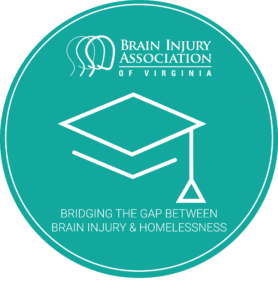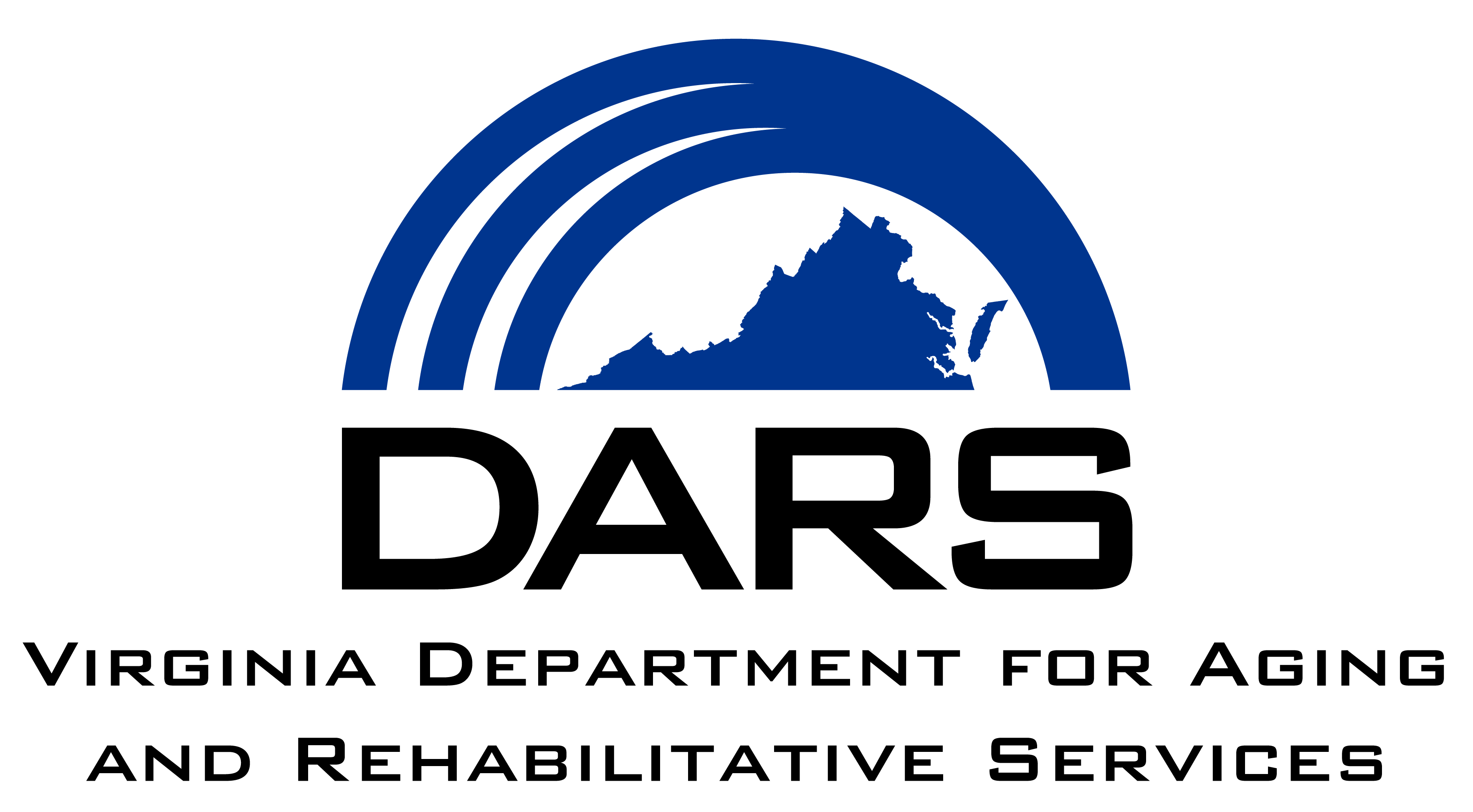Your Cart

Course Description
A brain injury can impact someone's behavior, cognition, mental health and more. For persons who are experiencing homelessness the impact of their brain injury can be even more detrimental. Research shows that individuals in this community are more likely to experience depression, memory loss, criminal involvement and substance misuse.
Many providers are unaware of the link between brain injuries and homelessness, and often overlook brain injury symptoms. This contributes to decreased access to care and support for those experiencing homelessness.
Course Learning Objectives:
-
- Understand the parts of the brain and what happens to it when it is injured
- Identify medical, physical, cognitive, neurobehavioral and psychosocial challenges after a brain injury and strategies to manage these challenges
- Learn about haw brain injury can impact those experiencing homelessness
- Be introduced to assessments and brain injury screening
Course Structure: Self-paced online course.

Accessing the Bridging the Gap Between Brain Injury and Homelessness Course
Get Started!
- To sign up as an individual to take the online course, choose the Individual Registration access below.
- To purchase access to the online course for someone other than yourself or to purchase access for multiple individuals choose "Want to Sign Up a Group?" below. This will allow you to purchase access codes that can be distributed to your staff to access the online course. More about Access Codes.
- FEATURE! A discount is available if you purchase 10 or more access codes!
- If you decide to purchase a course please view our Course User Guide for tips and information about navigating courses.
Individual Registration
Want to Sign Up a Group or Access for Someone Other than Yourself?
- DISCOUNT! Buy 10 or more access codes for $60 per person!

This project was supported [in part] by Grant #90TBSG0070-01-00 from the Administration for Community Living (ACL), U.S. Department of Health and Human Services. Grantees undertaking projects under government sponsorship are encouraged to express freely their findings and conclusions. Points of view or opinions do not, therefore, necessarily represent official policy of ACL or DARS.
